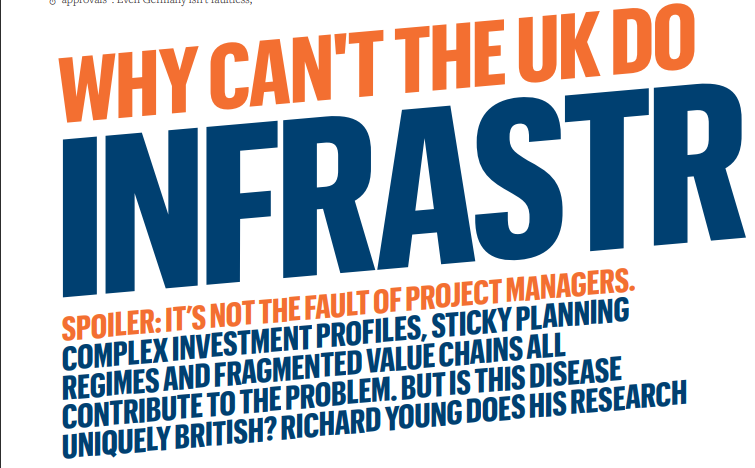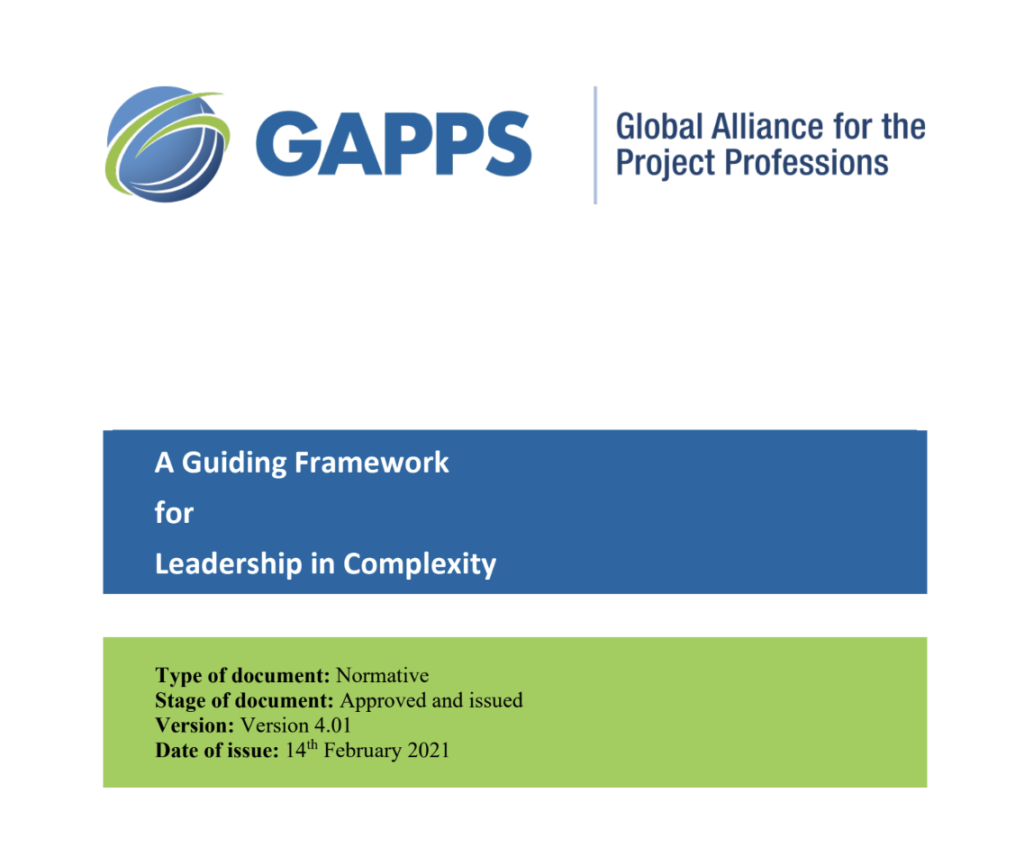
Ways Project Managers Complicate Projects
What do you call a long overdue project overshooting its budget and falling below clients’ expectations? A Project Manager’s nightmare!
From the day a project takes off, a thousand and one factors are set in motion to steer it off course. They include force majeure, unfriendly regulations, market forces, threats of obsolescence from new technology, ever-changing stakeholder expectations, project politics, etc.
However, not all failures come from external sources. Project managers can be architects of their own nightmares. Pockets of poor decisions stacked over time will invariably contribute to project complexity , delay and even failure. Till date, I am yet to see a project manager who intentionally wrecked their projects, however, I have seen projects ruined by the missteps of projectmanagers times without numbers. “I didn’t expect it to turn out this way” or “I wasn’t expecting this much…” are the usual refrains after the Lego castle comes crashing.
Self-sabotaging mistakes are avoidable. Once you know them, you can course-correct when you sense yourself drifting towards the zone of self-sabotage.
Here are five ways project managers self-sabotage their success.
1. Scope Creep: As the name implies, this creeps up on PMs without notice. scopecreep happens when project clients or other stakeholders keep heaping new requirements long after the project has begun. Since these modifications are rarely reviewed, clients expect project teams to complete more tasks and deliverables using the same time and resources as the original scope.
However, this only happens when the PM lacks a clear understanding of the project scope and objectives.
Without this, it is difficult to determine the required resources, timelines, and budgets. This can lead to miscommunication, misunderstandings and, ultimately, project delays.
2. Overcomplicating project plans: As a corollary to the previous point, project managers may fall into the trap of overcomplicating project plans and inserting too many tasks and dependencies. This can lead to confusion and delays.
3. Poor communication and collaboration: Poor communication and collaboration is a fast lane to conflict. For instance, in a project that would alter wildlife and ecological reserves, project managers must prioritise communication and collaborate with environmental protection groups quite early on. Otherwise, such groups may launch mass action that could complicate a relatively simple project.
4. Poor risk management: Risk is an integral part of projects. A workable riskmanagement strategy reduces project complexity and delay. However, wishing away potential risks is a sure path to project failure.
For instance, failing to identify and mitigate potential risks or failing to provide contingency plans can lead to project delays and increase the chances of project failure.
5. Downplaying changemanagement is dangerous for projects spanning decades, political regimes and technological advancements. The constant factor of every project is change. But failing to change effectively can complicate and delay a project.
Proper change management requires assessing the impact of critical changes on the project scope, timeline, and budget. It also involves developing a system for communicating these changes to stakeholders early.
Although project managers are critical to project success, they can inadvertently complicate it through these five mistakes I have listed. Knowing these common pitfalls, you can avoid them and deliver your projects on time, within budget and the desired quality standards, with adequate provisions for sustainability.






